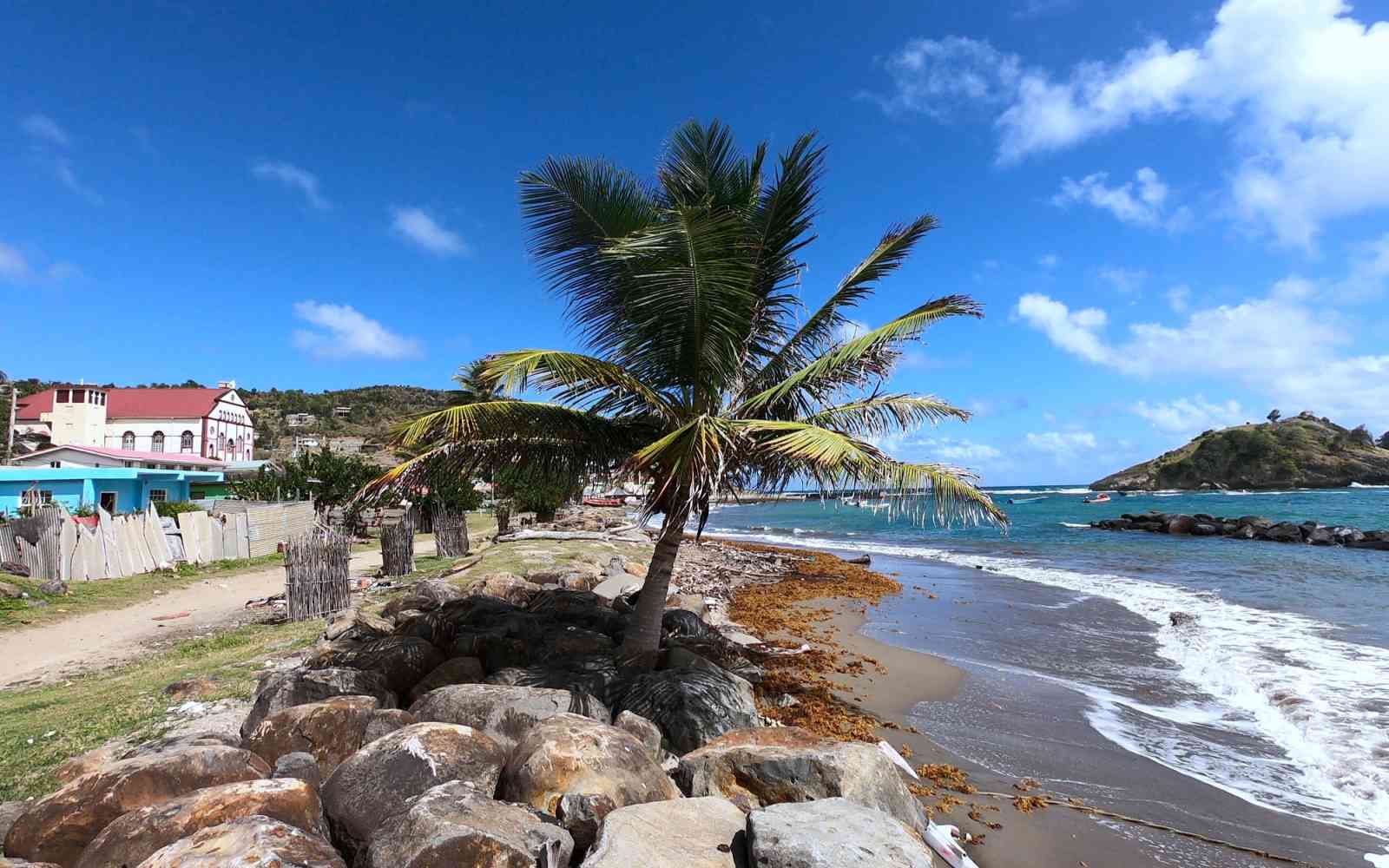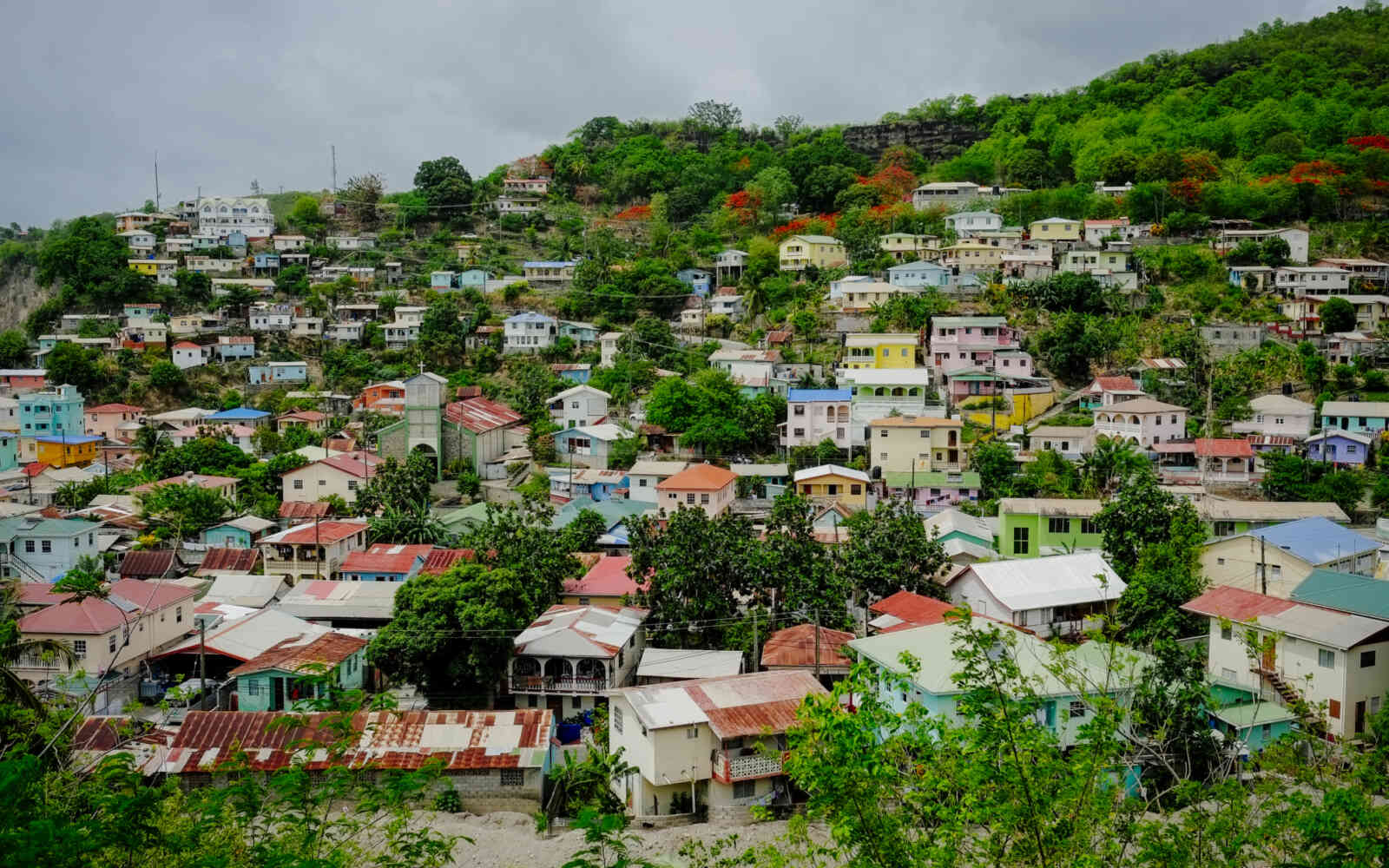The United Nations Office for Project Services (UNOPS)
Infrastructure for Small Island Developing States

In its latest report, UNOPS explores the role of sustainable, resilient and inclusive infrastructure in overcoming challenges and enabling development in Small Island Developing States (SIDS).
Due to their small size, remote locations and vulnerability to environmental threats, SIDS face a unique set of development and environmental challenges.
SIDS are among the most vulnerable countries to the climate crisis, facing greater risks to their economies, livelihoods and food security.
“But innovative infrastructure solutions offer opportunities to overcome these challenges and deliver on the 2030 Agenda,” said Ms. Faremo.
This report highlights some of these innovative solutions. Through its analysis, It identifies both sector-specific challenges and opportunities to improve the provision of essential infrastructure services in SIDS. In doing so, it calls for a holistic understanding of infrastructure systems and evidence-based decision-making.
“Infrastructure development should take into account the individual contexts, vulnerabilities and needs of SIDS, as well as international best practices,” said UNOPS Director of Implementation Practices and Standards, Nick O’Regan.
“UNOPS is committed to assisting SIDS through an evidence-based approach to infrastructure development to help overcome challenges and empower communities across small island states,” added Mr. O’Regan.
The report further demonstrates how women and girls are disproportionately affected by challenges faced by SIDS.
“Given the complementary nature of infrastructure systems, integrated planning, coupled with a long-term view can foster significant development outcomes and promote gender mainstreaming throughout the infrastructure lifecycle, ensuring the needs of women and girls are adequately catered for,” said Mr. O’Regan.
The report argues that infrastructure investments have the potential to not only empower women, girls and vulnerable and marginalized groups in the short term, but also to help SIDS reduce inequalities through inclusive infrastructure.
Drawing on successful case studies, the report highlights ways SIDS can harness their unique resources to overcome vulnerabilities, advance development and reap long-term benefits from infrastructure investments.
“The need for infrastructure financing is even more urgent as SIDS suffer deep economic and financial shocks due to the ongoing COVID-19 crisis,” said Ms. Fekitamoeloa Katoa ‘Utoikamanu, High Representative for the Least Developed Countries, Landlocked Developing Countries and Small Island Developing States (OHRLLS). “OHRLLS will continue to work with UNOPS on these efforts toward resilient and sustainable infrastructure in SIDS.”
In view of the projected economic downturn in SIDS caused by the immediate effects of COVID-19 on tourism, international remittances and supply chains, the effective allocation of infrastructure investments becomes more critical than ever.
“With limited resources and mounting needs, it is crucial that investment in infrastructure systems yields long-term development gains for all. Now, more than ever, we remain committed to supporting SIDS in building a better future for all,” said Ms. Faremo.
Read the full report here.













